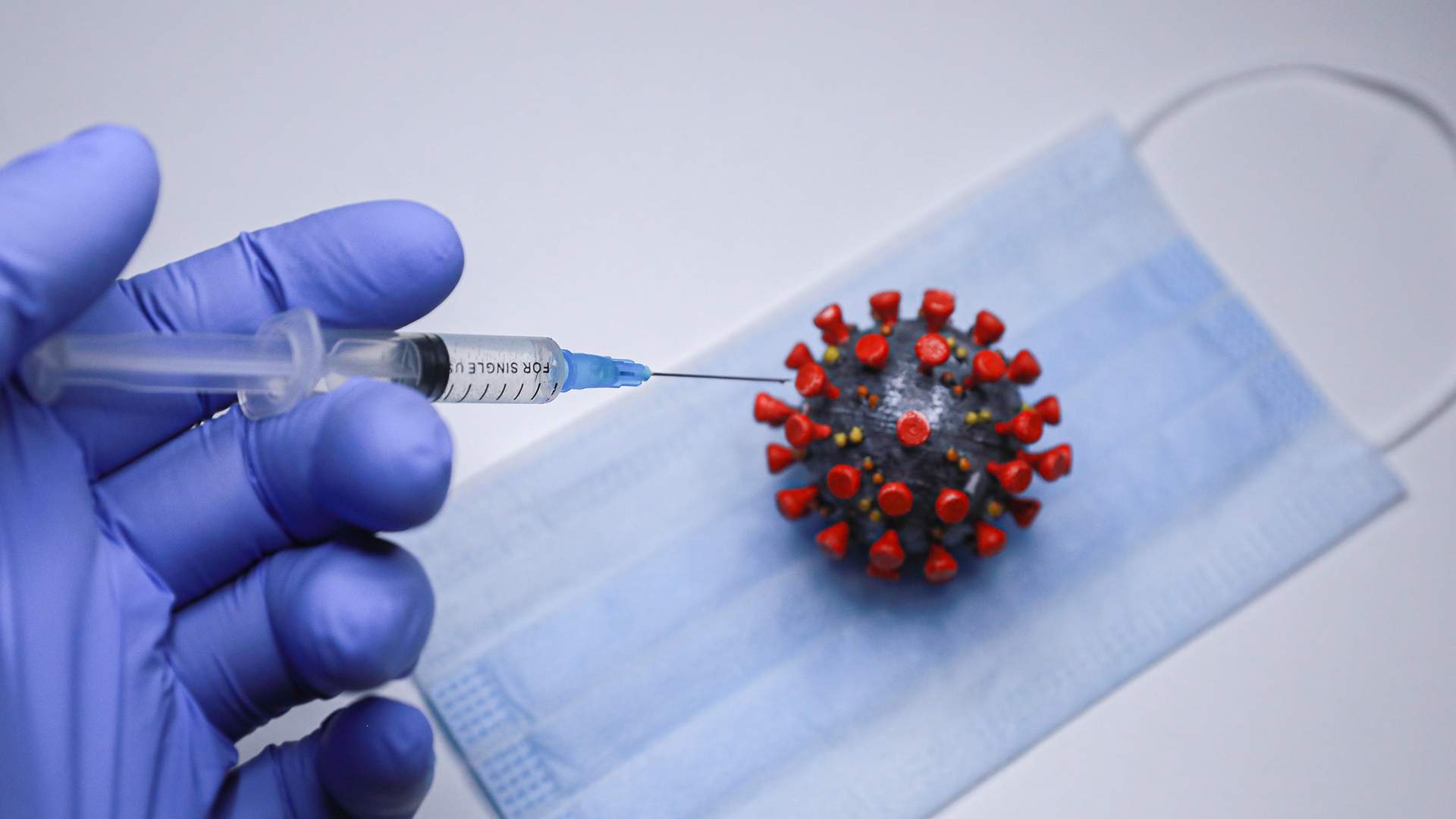Sleeping threat: doctors warned about the danger of hidden infections

Infectious diseases doctors have warned about the danger of viruses that, after infection, may remain in a "dormant" state and not manifest themselves in any way. Subsequently, they can destroy organs and systems, weaken the immune system and lead to serious consequences. Izvestia found out how to detect and treat such infections.
Dormant infections
Many viruses may not make themselves felt for a long time after infection, causing harm to the body. Vera Serezhina, a doctor at the LabQuest medical company, warned Izvestia about the danger of such infections.
According to her, usually such viruses do not cause symptoms, do not show activity and can exist unnoticed in tissues for years, waiting for favorable conditions for reproduction. This mechanism is called persistence.
— One of the most famous "dormant" viruses is the herpes simplex virus. The first type most often lives in the nerve nodes of the face and, when activated, causes blistering rashes on the lips, nose or eyes. The second type more often affects the groin area and is manifested by herpes rashes in the intimate area," explains the infectious disease specialist.
At the same time, she adds, there is another type of herpes — the varicella-zoster virus, which causes chickenpox in childhood, but does not disappear after recovery. It persists in the nerve nodes of the spine, and with a decrease in immunity, it can activate and cause shingles, accompanied by a rash and severe pain.
Dangerous viruses
One of the most dangerous viruses that can go unnoticed for a long time is HIV and hepatitis C virus, says the infectious disease specialist. The latter affects liver cells and is able to change, eluding the immune system. Because of this, in many people, the disease goes unnoticed for years, and then suddenly manifests itself in severe form, causing serious health problems.
— For its asymptomatic nature, the hepatitis C virus, like B, has been nicknamed the affectionate killer. But unlike HIV, hepatitis is currently successfully treatable, especially at the initial stages of development," says Vladimir Neronov, an infectious disease specialist at JSC "Medicine" (Academician Roitberg Clinic). — There is no guaranteed cure for the immunodeficiency virus yet, but if detected at the initial stage, its course can be monitored.
At the same time, the doctor adds, syphilis caused by pale treponema has not lost its relevance. If left untreated, it destroys the body and leads to severe consequences — irreversible damage to the brain, cardiovascular system, bones, liver. The "relative" of the infection is borreliosis, which causes the so—called Lyme disease, transmitted by tick bites. It also lasts a long time and can affect systems and organs, for which it has gained a reputation as syphilis of the 21st century.
Toxoplasmosis can also be in a "dormant" state for a long time. This parasite can persist for years in tissues, including the nervous system, and not cause harm. But if the immune system is weakened, for example, with HIV infection or cancer, toxoplasmosis can activate and cause damage to the brain, eyes and other organs.
Helicobacter pylori, which affects the digestive system, and human papillomaviruses behave in a similar way. The latter are characterized by a contact transmission route, including sexual. These viruses can be transmitted from parents to children and remain unnoticed for many years. And with provocations, for example, with hormonal changes in the body, they manifest themselves in the form of papillomas on the skin and mucous membranes. HPV vaccines have been developed to protect against the development of cancers that they provoke.
Detection and treatment
Pathogens of slow infections enter the body in various ways. This can be through contact, airborne droplets, or the genital tract. Some infections are transmitted through contaminated food, water, or insect bites.
Some infectious and viral diseases can last for a long time — for years or even decades, without causing obvious manifestations, creating the illusion of health for its owner. However, over time, the changes caused by them cross the line of so-called compensation, lead to severe disorders and may result in an unfavorable outcome.
— The main reason for the activation of "dormant" viruses is the weakening of the immune system. This may be due to chronic illnesses, severe infections, cancer, taking strong medications, or constant stress. When the body's defenses decrease, pathogens are able to multiply again, affecting new organs and tissues, explains Vera Serezhina.
In order to identify such infections, doctors recommend regular checkups and paying attention to complaints. At the same time, it is difficult to completely get rid of some pathogens — treatment depends on the type of infection. In some cases, antiviral drugs that can suppress the reproduction of the virus help. If we are talking about bacterial or parasitic infections, antibiotics or antiparasitic drugs are used. But it is important not only to treat the infection itself, but also to diagnose it in time — using modern PCR complexes, by smear or urine.
— Understanding that infectious agents can hide in the body for years helps to take more care of your health. Timely diagnosis, immune support, and treatment of chronic diseases are the best ways to reduce the risk of their activation," concludes Izvestia's interlocutor.
Vladimir Neronov, in turn, advises to carry out preventive vaccinations (for example, against hepatitis B and HPV), strengthen your body, lead a healthy lifestyle and do not forget about hygiene in relation to food and sexual contact.
Переведено сервисом «Яндекс Переводчик»




